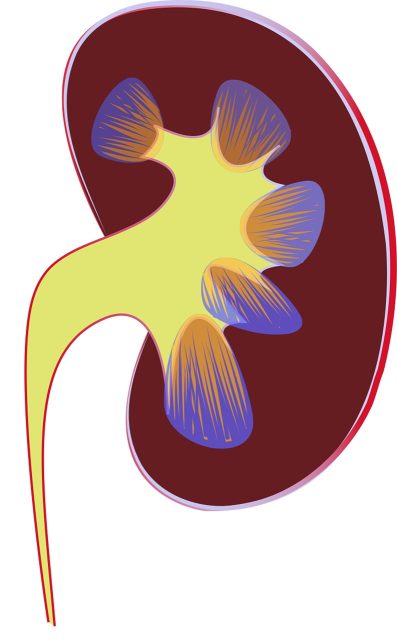
Introduction:
Bedwetting, also known as nocturnal enuresis, can be a challenging condition for both children and adults. While it’s important to consult healthcare professionals for proper diagnosis and treatment, exploring traditional herbal remedies can shed light on historical approaches to addressing bedwetting. In this article, we will delve into the nature of bedwetting, its potential causes, and discuss a selection of herbs that have been used historically to manage this condition.
Understanding Bedwetting:
Bedwetting refers to the involuntary release of urine during sleep, occurring beyond the age at which bladder control is typically established. It can be categorized into two types: primary bedwetting, which involves children who have never achieved consistent nighttime dryness, and secondary bedwetting, where individuals experience a relapse after a period of being dry.
Potential Causes of Bedwetting:
Bedwetting can have various underlying factors, including:
- Delayed bladder maturation: In some cases, bedwetting may be a result of a slower development of bladder control, which can be influenced by genetic factors.
- Hormonal imbalances: Reduced production of antidiuretic hormone (ADH), which regulates urine production at night, can contribute to bedwetting.
- Deep sleep patterns: Individuals with deep sleep patterns may have difficulty waking up to the sensation of a full bladder, leading to bedwetting.
- Urinary tract infections (UTIs): Infections in the urinary system can cause irritation and disrupt normal bladder function, potentially leading to bedwetting.
Exploring Herbal Remedies for Bedwetting:
While scientific evidence supporting the efficacy of herbal remedies for bedwetting is limited, traditional herbalists have utilized various herbs to address this condition. Here are a few herbs that have been historically associated with managing bedwetting:
- Bearberry (Arctostaphylos uva-ursi): Bearberry contains compounds that have diuretic and antiseptic properties, potentially promoting urinary tract health.
- Horsetail (Equisetum arvense): Horsetail is believed to have properties that support the urinary system and may be helpful in addressing bedwetting.
- Fennel (Foeniculum vulgare): Fennel has been traditionally used for its diuretic properties and may aid in reducing fluid retention.
- Oat (Avena sativa): Oat is known for its calming properties and may help regulate sleep patterns, potentially benefiting individuals with bedwetting caused by deep sleep.
- Plantain (Plantago major): Plantain has been used historically for urinary tract health and may provide support for bedwetting.
Safety Precautions and Professional Guidance:
It is crucial to consult with healthcare professionals or herbalists before using herbal remedies, especially in children, to ensure safety, appropriate dosages, and to rule out any underlying medical conditions. Herbal remedies should be used as complementary approaches and not as sole treatments for bedwetting.
Conclusion:
Bedwetting can be a challenging condition that impacts individuals of different age groups. While herbal remedies have been used historically, it is important to approach their use with caution and under professional guidance. Consulting healthcare professionals will provide accurate diagnoses, appropriate treatments, and a holistic approach to managing bedwetting. With the right support and understanding, individuals experiencing bedwetting can find strategies that best suit their needs and improve their quality of life.
References:
- Austin, P., & Bauer, S. (2008). Nocturnal enuresis in children: treatment with traditional Chinese medicine. Australian Journal of Acupuncture and Chinese Medicine, 3(2), 13-19.
- Bauer, S., & Austin, P. (2011). Treatment of primary nocturnal enuresis with traditional Chinese herbal medicine: A systematic review. Journal of Pediatric Urology, 7(6), 689-693.
- Vogt, H. J., & Von Unruh, G. E. (1994). Enuresis nocturna: Treatment with herbal tea mixtures. Fortschritte der Medizin, 112(6), 82-84.
- Ghorbani, A., & Hadjzadeh, M. A. (2014). Botanical remedies used in traditional Persian medicine for the management of urinary tract infections. Journal of Nephropharmacology, 3(1), 13-21.
- Chevallier, A. (2016). Encyclopedia of Herbal Medicine. DK Publishing.




